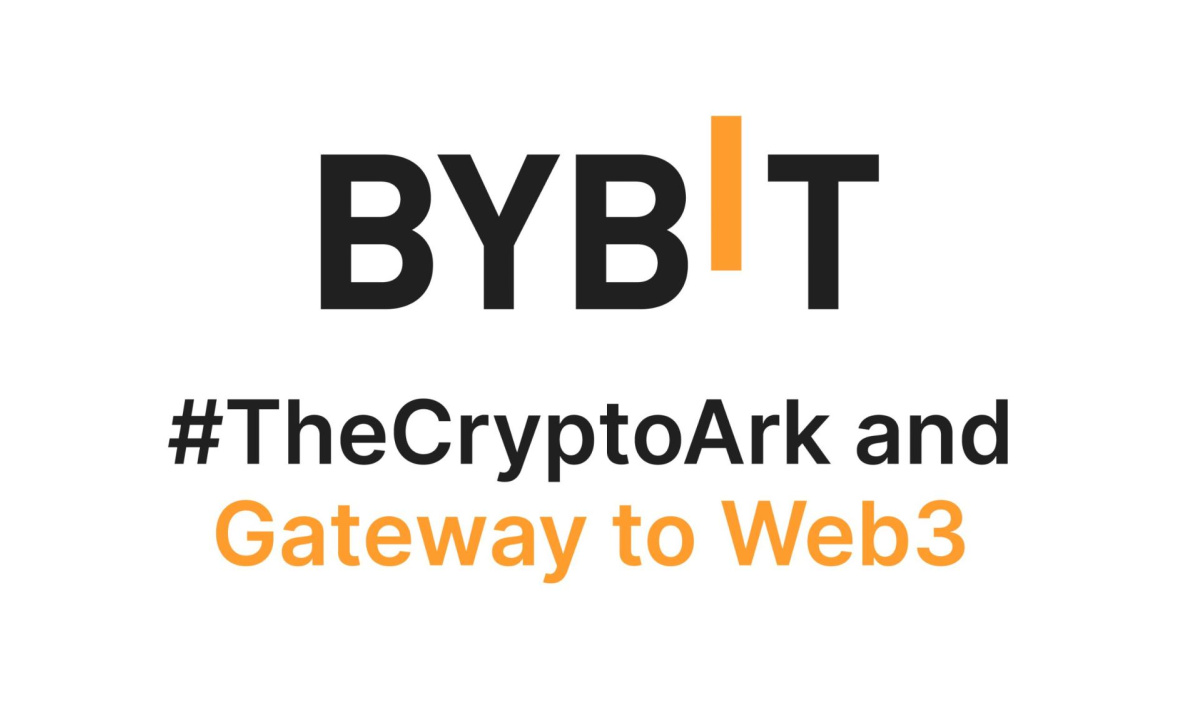ARTICLE AD
Despite its promising start, BET faces competition from established players like Polymarket.
The prediction market BET, launched by Drift Protocol and based on the Solana blockchain, has recently achieved a significant milestone by reaching $20 million in daily trading volume, according to data from Dune Analytics. This achievement is impressive given that BET launched less than two weeks ago, suggesting strong initial engagement from users interested in blockchain-based prediction markets.
Despite this milestone, BET has experienced a decline in its trade count over the past three days, raising questions about the sustainability of its trading volume. The platform’s rapid rise, followed by a dip in trading activity, has led to scrutiny regarding how the $20 million in daily volume was generated. Analysts are closely monitoring whether the recent drop in trade count is a temporary fluctuation or indicative of a deeper trend.
Political Betting Drives Initial Success
BET’s initial success can be attributed to its focus on high-stakes political betting. Users have placed over $23 million in wagers on various political outcomes, with more than $20 million riding on Kamala Harris winning the popular vote in the upcoming US election.
In addition, approximately $2.3 million has been bet on Donald Trump securing the 2024 Presidential Election. This significant volume highlights BET’s appeal to users interested in political prediction markets.
Challenges and Controversies in Prediction Markets
Prediction markets, which allow users to bet on future events and outcomes, have gained traction in recent years. Platforms like Polymarket, which has seen record-breaking volumes, demonstrate the growing popularity of these markets. They offer a way for users to pool their insights and make forecasts based on financial stakes. Ethereum co-founder Vitalik Buterin has praised prediction markets for their potential to provide valuable collective insights into future events.
However, these markets are not without controversy. Critics argue that they can resemble gambling more than objective forecasting tools. Concerns have been raised about the impact of these markets on public perception and their potential use for arbitrage between prediction markets and traditional betting platforms.
Regulatory bodies such as the US Commodities Futures Trading Commission (CFTC) and lawmakers like Senator Elizabeth Warren have expressed concerns about the implications of these platforms and are calling for stricter oversight.
BET’s Competitive Landscape
Despite its promising start, BET faces competition from established players like Polymarket. Shortly after launch, BET quickly gained attention with over $3.5 million in order book liquidity within its first 24 hours. However, it is still catching up to Polymarket’s dominance in the space.
As BET continues to grow, it plans to expand beyond political betting into other areas such as pop culture and sports. The platform’s early success demonstrates the increasing interest in decentralized prediction markets, though it remains to be seen how it will navigate the competitive landscape and maintain its trading volume amid fluctuating market conditions.
Disclaimer: Coinspeaker is committed to providing unbiased and transparent reporting. This article aims to deliver accurate and timely information but should not be taken as financial or investment advice. Since market conditions can change rapidly, we encourage you to verify information on your own and consult with a professional before making any decisions based on this content.
Blockchain News, Cryptocurrency News, News

Leon is a seasoned blockchain writer and reporter, dedicated to uncovering the stories behind decentralized technologies. He excels in providing in-depth analysis and thought leadership in blockchain media. His reporting sparks meaningful conversations and fosters a deeper understanding of the transformative potential of blockchain.


 2 months ago
27
2 months ago
27 

